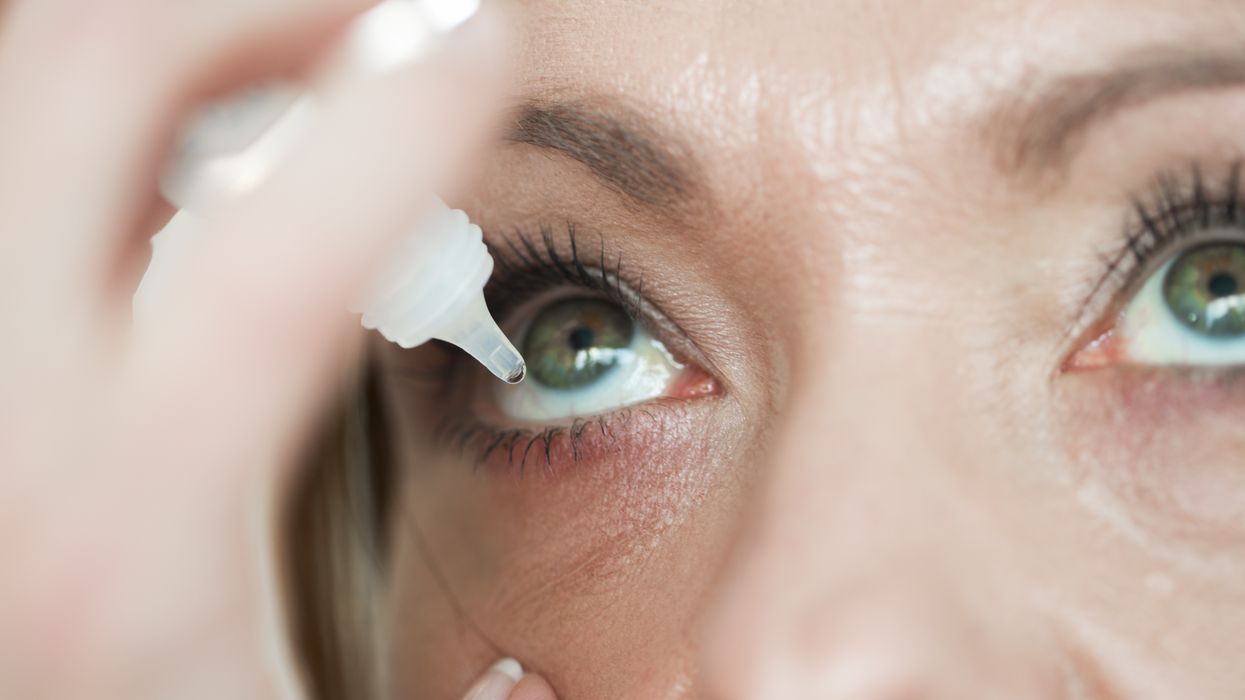A nationwide recall of five eye care products has been issued in the United States after concerns were raised about their sterility and manufacturing standards. BRS Analytical Services, LLC, the manufacturer of the affected products, has urged consumers to stop using them immediately due to potential safety risks.
The recall, shared in a press release by healthcare distributor AvKARE, affects more than 1.8 million cartons of eye drops. The US Food and Drug Administration (FDA) identified multiple violations during a recent audit, including failures to meet Current Good Manufacturing Practice (CGMP) standards.
CGMP regulations set the minimum requirements for the manufacturing, processing, and packaging of drug products to ensure their safety, quality, and efficacy. The FDA stated there is a “lack of assurance of sterility” in the recalled items, which could pose serious health risks to users.
The following products have been included in the recall:
- Artificial Tears Ophthalmic Solution
- Carboxymethylcellulose Sodium Ophthalmic Gel 1%
- Carboxymethylcellulose Sodium Ophthalmic Solution
- Lubricant Eye Drops Solution
- Polyvinyl Alcohol Ophthalmic Solution
Although the company has not specified the exact health risks, it warned that the products are of “unacceptable quality” and that “it’s not possible to rule out patient risks resulting from use of these products.”
The recalled products were distributed from 26 May 2023 to 21 April 2025. Consumers in possession of any of the affected items are advised to discontinue use immediately and either return them to the place of purchase for a full refund or dispose of them safely.
Customers are also encouraged to complete and submit the recall notice form, including the “Quantity to Return” section and their contact details. These can be sent via fax or email to AvKARE, even if the products are no longer in their possession.
The FDA has categorised the recall as a Class II, meaning there is a reasonable probability that use of the products could result in temporary or medically reversible adverse health effects, or that serious harm is unlikely but possible.





